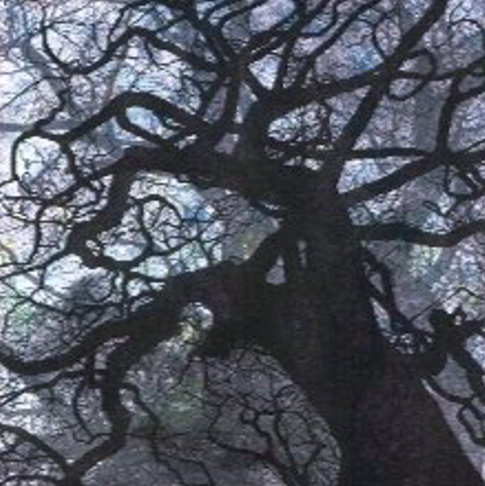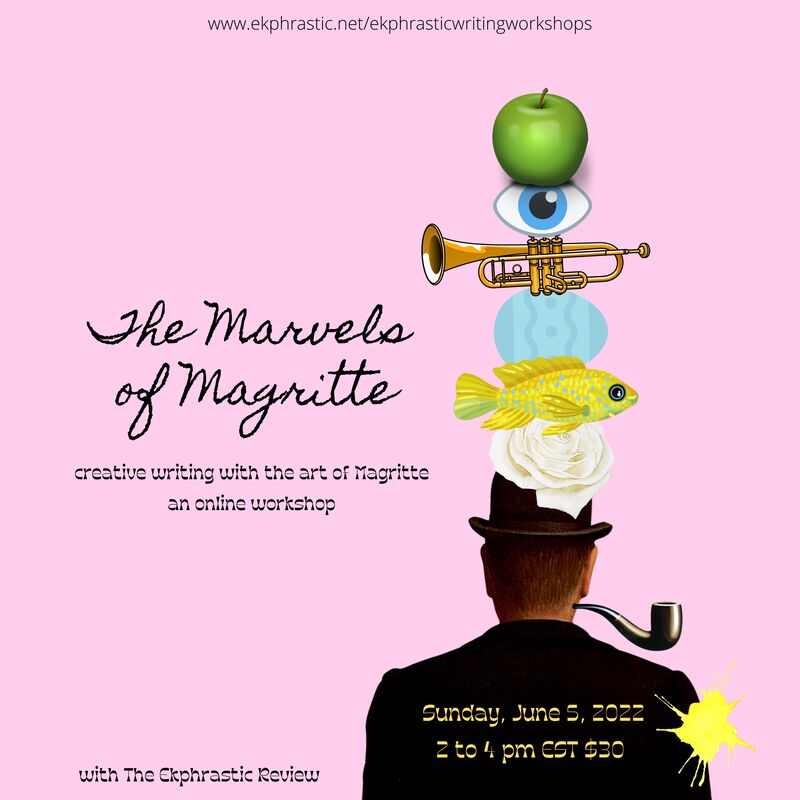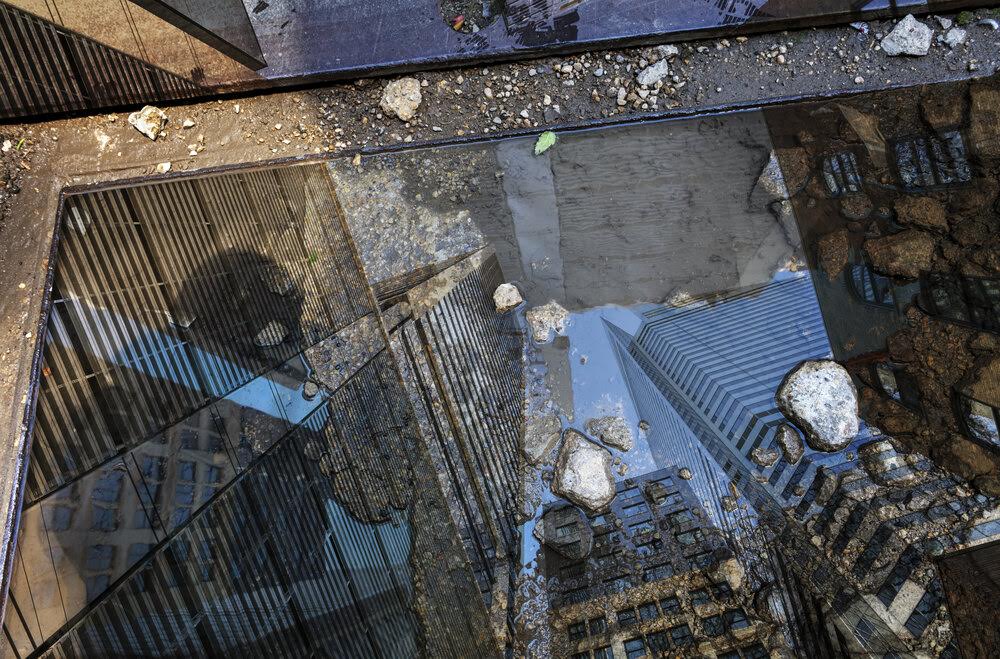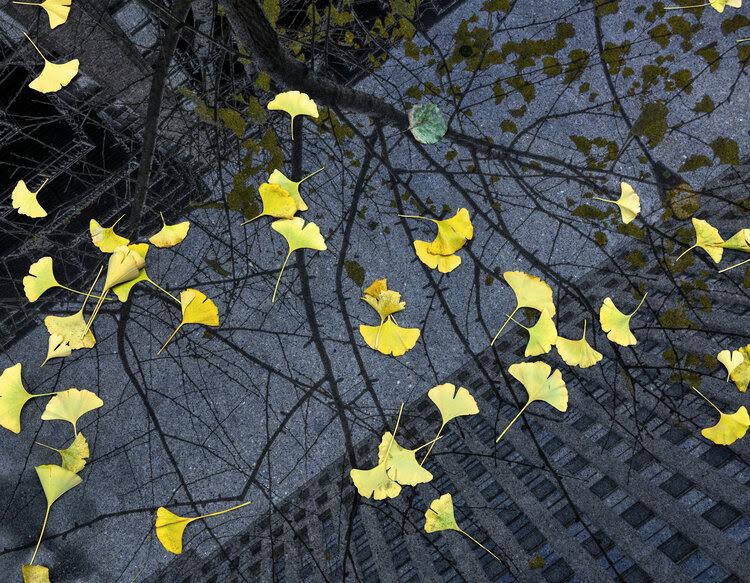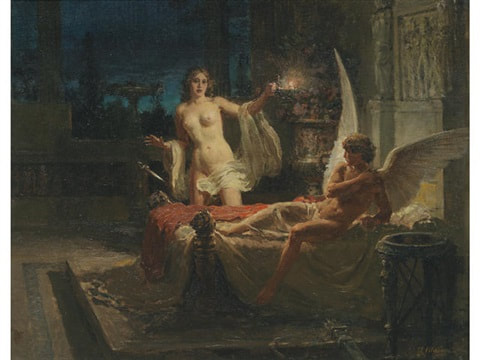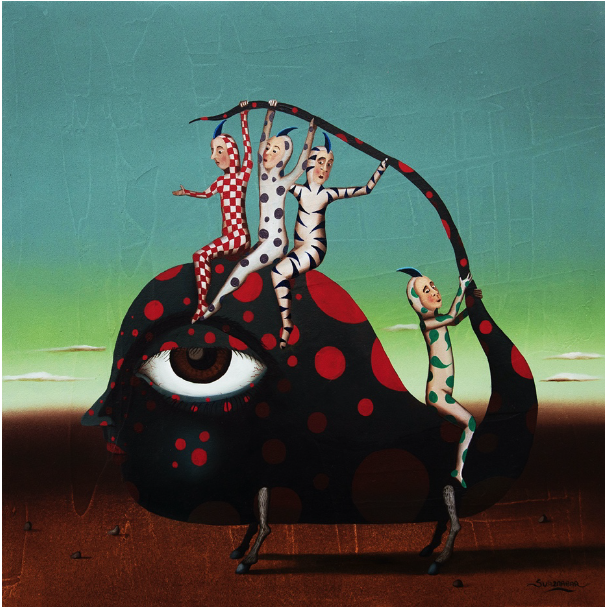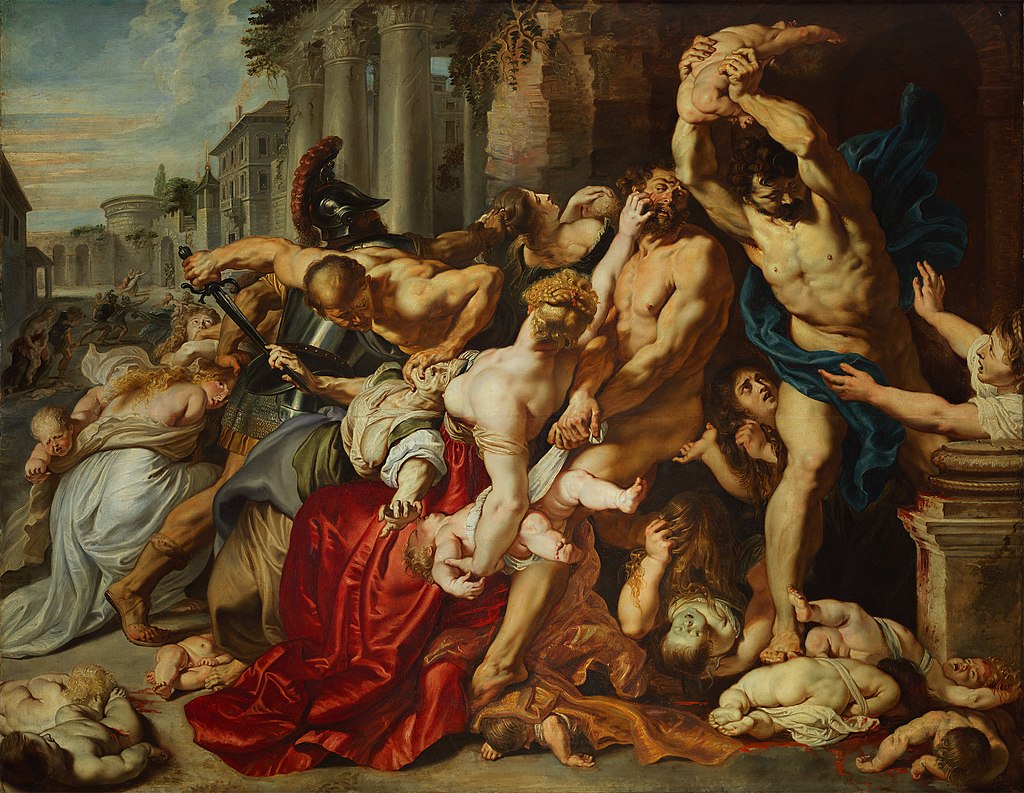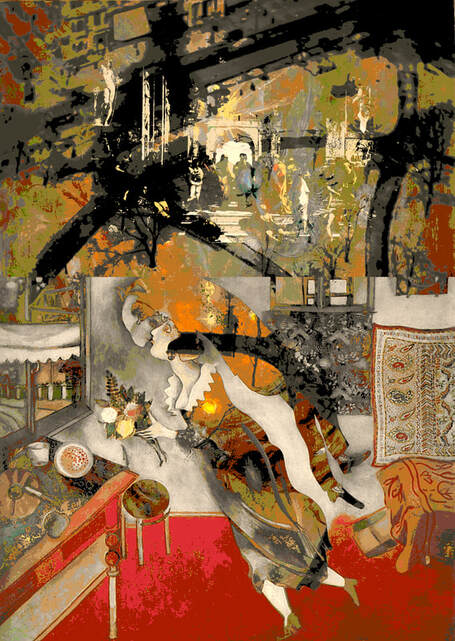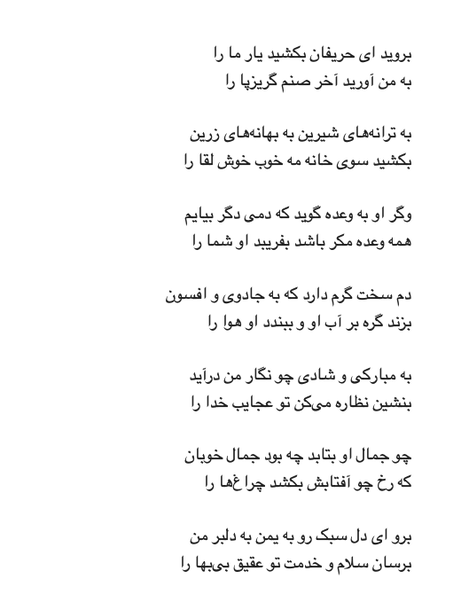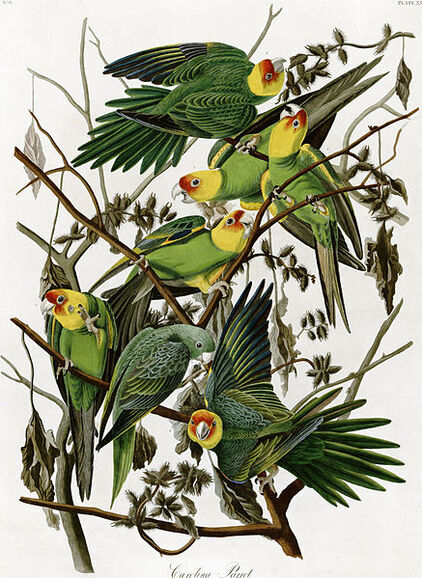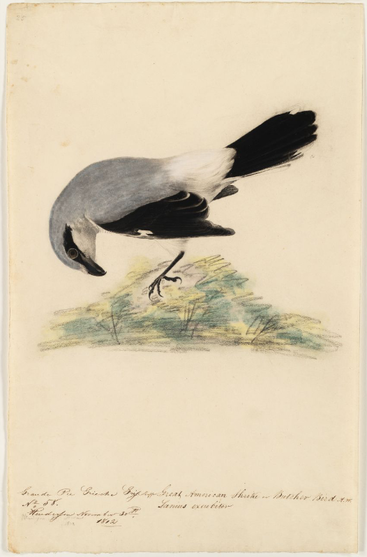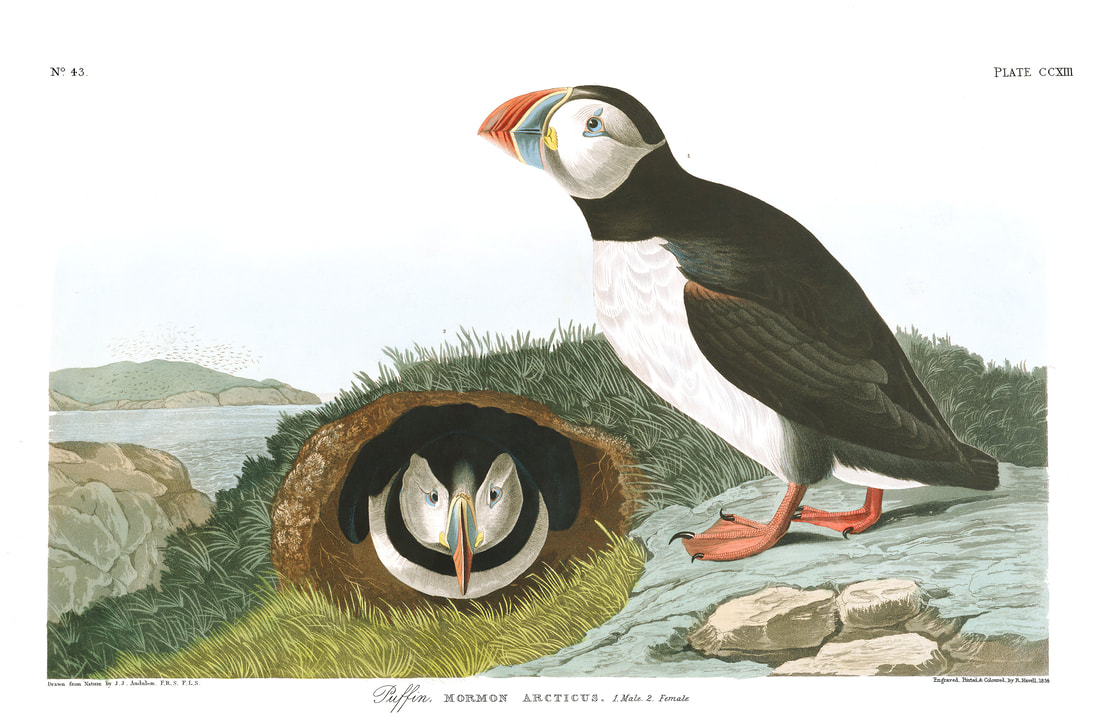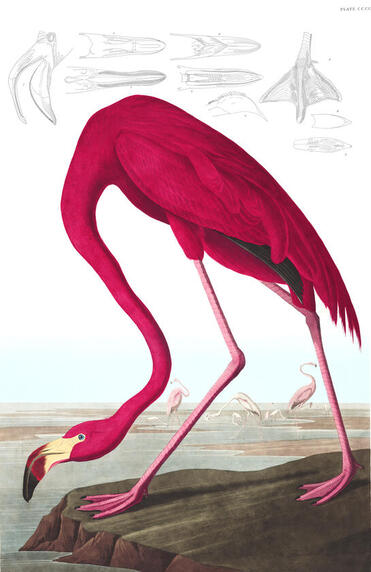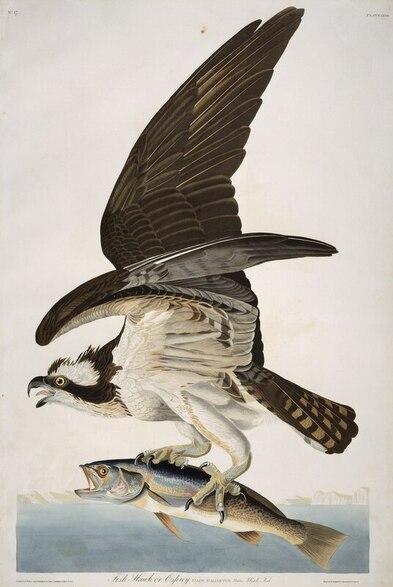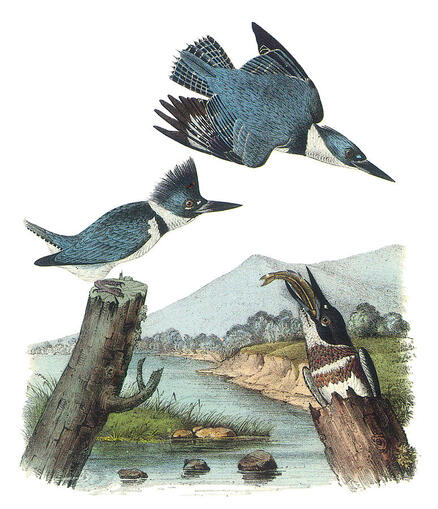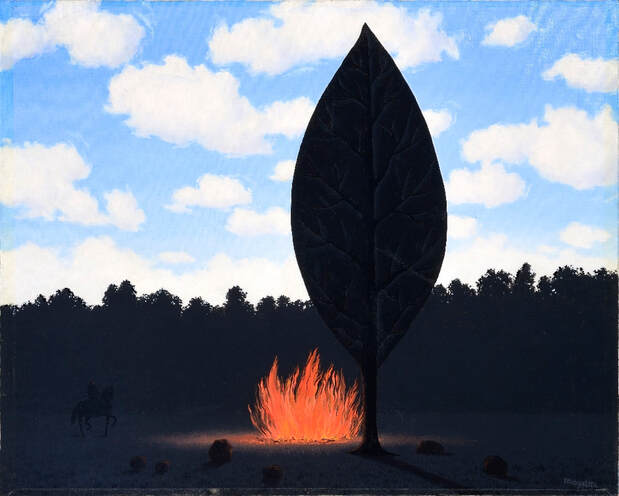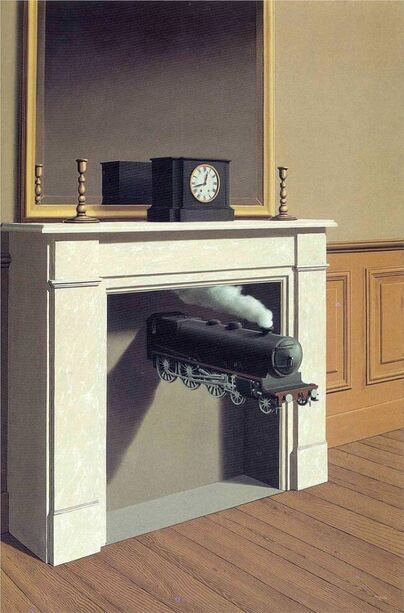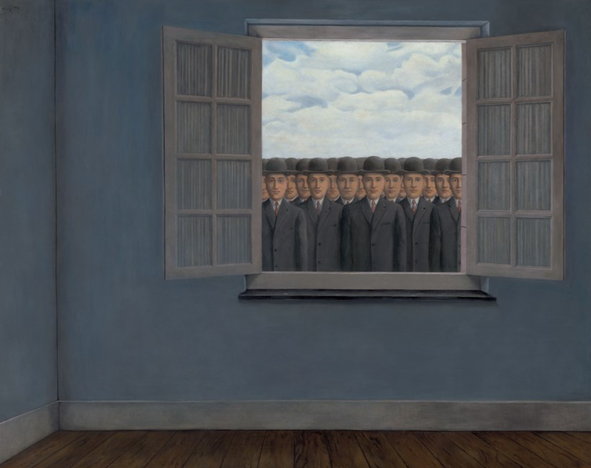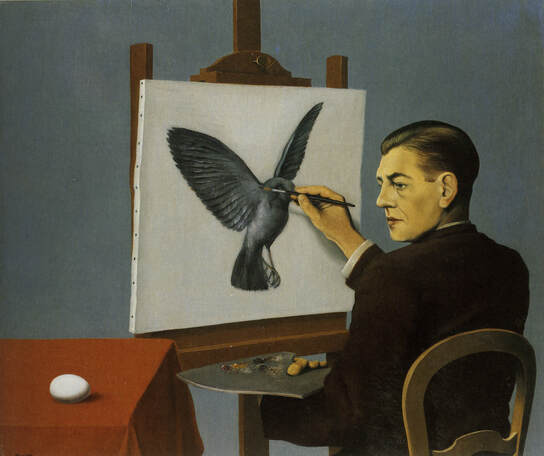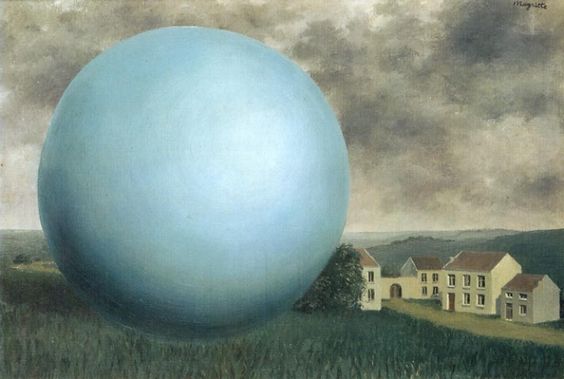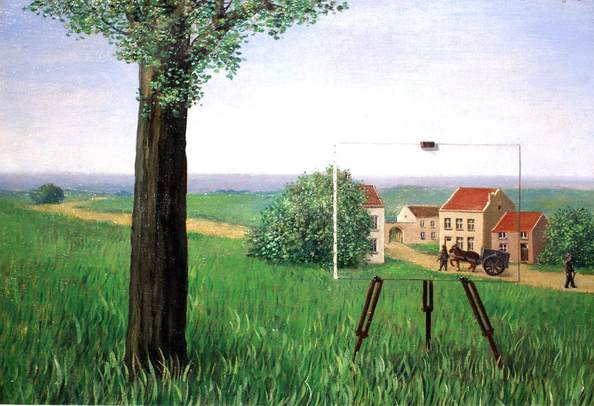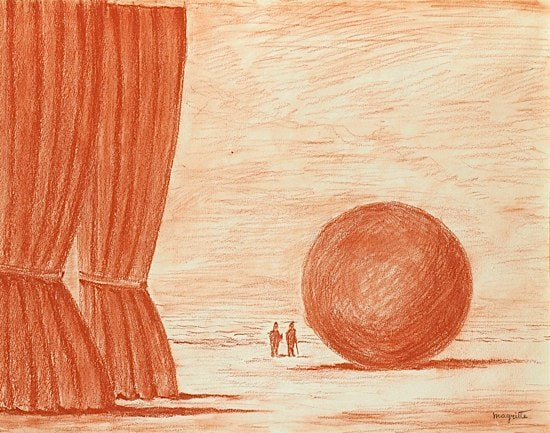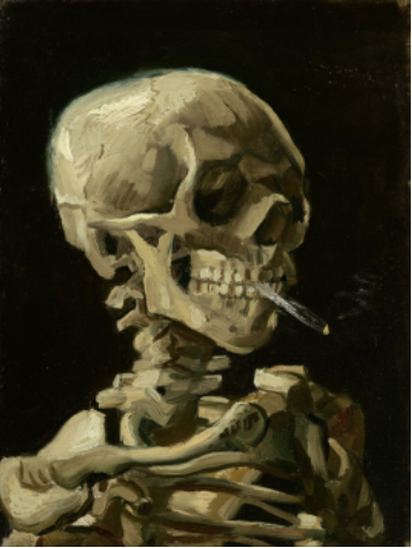|
Oak Divinity 1, Scarred (after Linda Rzoska) The “red-edge:” if our eyes saw in infrared the forest would look to be on fire--Oliver Morton The moon snugged close last night, left its glow on this mother tree-- she’s welcomed the rich-red highlights, revels, this morning, in crimson fillagree that’s seeped deep into bark. She’s draped her limbs in claret, wrapped scarlet scarves, rippling and crackling, along the curves of her trunk. Her roots must radiate the glow of fiery bricks under my feet. A red stream to slake the forest’s thirst. Braided rivulets spread like lightning heat to nearby trees— the red edge, manifest. Lynn Pattison Lynn Pattison is author of Matryoshka Houses (Kelsay Press, 2020) in addition to three other poetry collections: tesla's daughter (March St. Press); Walking Back the Cat (Bright Hill Press) and Light That Sounds Like Breaking (Mayapple Press). She has been nominated for the Pushcart Prize numerous times and for inclusion in Best Microfiction. Pattison’s work has appeared in Ruminate, Moon City Review, New Flash Fiction Review, The Notre Dame Review, Rhino, Smartish Pace and numerous other publications.
0 Comments
Join us Sunday afternoon by Zoom for a discovery workshop on the art of Magritte. We'll talk about Magritte and his art, then use specific paintings along with prompts to brainstorm new ideas and write some poetry or short fiction.
Our workshops are about creativity, community, and conversation. We enjoy art, discussion, and expanding our writing practice. We also have workshops ahead on the artist Basquiat, on Outsider Art, and several general sessions scheduled. See you Sunday! Scale 1 The skyscrapers a collection of boulders piled high, daring us to climb the crevasses between them, channels to the sky. 2 Like every child ever growing up in the city, a girl ahead of me avoids the cracks, hops from cobble to cobble. 3 And you? And I? Pebbles strewn at the foot of the buildings, tossed again and again, scattering as we fall. 4 Look closer. Granules of rock have been swept into the edges of the day, uncountable hues. 5 The sky between the boulders is so smooth I could swear it is freshly sanded – coarse, then fine, then very fine. 6 I have been here forever. Silt is settling on me. The city reaches down as far as it reaches up. 7 In the beginning, clay. In the end, clay. What will the city build today? What will it break down? Ginkgo Who cares about the cubicle you just left or the screen you will stare at when you arrive home – wisdom has dropped at your feet, there on the sidewalk, each ginkgo leaf a fan, a flower, a fact. Lisken Van Pelt Dus Lisken Van Pelt Dus teaches languages, writing, and martial arts in western Massachusetts. Her poetry can be found in such journals as Conduit, Pirene’s Fountain, and Gleam, and has earned awards from The Comstock Review, Atlanta Review, and others. A chapbook, Everywhere at Once, was published by Pudding House Press in 2009, and a full-length book, What We’re Made Of, was released by Cherry Grove Collections in 2016. Cupid and Psyche I light a lamp to know the truth and see... a God! I drop my knife and gape at all the gold in view, the gleaming wings. I'm Cupid's wife! The Pythia had split her lips with screams of what awaited me: A Dragon Lover! But your kiss, your touch, your moves, felt heavenly until I doubted. You must know, my sisters urged. I tremble, spill a drop of wax. You wake and groan and glare. Your anger holds me still and silent, shamed, inside our room, our baby fluttering in my womb. ** Cupid and Psyche When Psyche lights a lamp for truth and sees the God, she drops the knife and gapes at all the gold in view. She has one thought: I'm Cupid's wife! The Pythia's lips had split with screams of Dragon Lover! But Psyche's fright had ebbed within her lover's arms; her lips enjoyed him night by night. The dark had concealed a golden boy, as gentle as his mother's doves; but might, as well, a serpent's coils and forking tongue have roused to love? The unborn wriggles in her womb as Cupid glares across the room. F.F. Teague F.F. Teague (Fliss) is a copyeditor/copywriter by day and a poet/composer come nightfall. She lives in Pittville, a suburb of Cheltenham (UK). Her poetry features regularly in the Spotlight of The HyperTexts; she has also been published by The Mighty, Snakeskin, The Ekphrastic Review, and a local Morris dancing group. Other interests include art, film, and photography. Monstrous The Pale Blue Knight arrived to a tumultuous welcome. People everywhere were delirious with expectation. Soon the beast which threatened the province would be vanquished and peace restored. The knight’s reward, it was announced, would be the hand of the Governor’s daughter in marriage. ‘May I ask your name?’ asked the Governor, admiring the powder blue suit of armour the knight wore. ‘Cornflower,’ the young man answered. Next day the knight set out for the caves where the beast had its lair. Much had been heard of the monster, its ravaging of crops, theft of livestock, the disappearance of a number of peasants foraging in the woods. But arriving at the caves Cornflower found only a placid, red-spotted creature, about the size of a full-grown hog, with large doleful eyes and a slender tail. The animal offered no resistance when the knight tied a rope around its body and led it away. ‘It’s so pretty,’ declared the Governor’s daughter. ‘Can I keep it as a pet?’ The Governor, who could deny his daughter nothing, acquiesced readily and the animal was taken to the kitchen garden where it was housed in a disused root cellar, the nearest thing they could find to a cave. Its dietary needs were modest, a quantity of hay and a few apples seeming to satisfy it. But the arrival of the creature troubled the administration. Since the Pale Blue Knight had not killed the beast, as required by his contract, it was unclear whether the marriage should go ahead. Some councillors argued that it should, the spirit of the agreement having been met and the threat, albeit an imaginary one, removed. Their opponents claimed that as no danger had actually existed the contract was legally null and void. Cornflower asked the Governor about plans for the wedding and his host blushed, muttered something about ‘minor details needing to be cleared up’, and hurried away. The knight was left to amuse himself as best he could in the Governor’s library. Meanwhile, the daughter was lavishing attention on her new pet, which she had christened Monstrous. Its sadness perplexed her. Though she pampered the animal, nothing seemed to lift its mood. Knowing of her frequent visits to the creature, Cornflower went himself to the root cellar hoping to engage the girl in conversation. But she was so consumed with worry for the animal she scarcely noticed him. Discouraged, the knight crept back to his books. The girl grew melancholy, and the Governor in turn became increasingly despondent. Some councillors began to suspect the creature was not all it seemed. ‘What if the beast allowed itself to be brought here with the intention of plunging everyone into despair?’ one asked. ‘What if Cornflower is in league with the monster?’ another suggested. Some wanted the beast killed, and the knight was proposed as the obvious candidate for executioner. ‘But what about the girl’s health, the risk of her dying of grief?’ several voices demanded. ‘Moreover,’ added another, ‘if Cornflower were to slaughter the favoured pet it’s hard to see how the marriage, even if sanctioned by law, could happily take place.’ Word of these discussions soon found its way to the Pale Blue Knight. Before dawn the next day the sound of hooves and the muffled clank of armour were heard, and in the morning Cornflower was nowhere to be found. In time people began to doubt that he had ever existed. Soon no one remembered why they were sad. The hair of the Governor’s daughter turned cornflower blue as she became more and more stricken with sorrow and the Governor’s whiskers and eyebrows took on a similar hue. Members of the Council were so oppressed by gloomy thoughts they could no longer discharge their duties. From the damp confines of its dilapidated root cellar Monstrous gazed sorrowfully out at the world. Simon Collings Simon Collings lives in Oxford, UK. His poetry, short fiction, translations, reviews and essays have appeared in a wide range of magazines including Stride, Fortnightly Review, Café Irreal, Litter, International Times, Junction Box, The Long Poem Magazine, Ink, Sweat & Tears, PN Review and Journal of Poetics Research. A collection of his prose poems and short fiction, Why are you here?, was published by The Fortnightly Review in November 2020. His third chapbook, Sanchez Ventura, was published by Leafe Press in spring 2021. He is a contributing editor at The Fortnightly Review. More information at: https://simoncollings.wordpress.com/ The new challenge is up. Click the image above for instructions. Join us! Every other week, we write to a common visual art prompt. Poetry and flash fiction welcome. Rumi's Ghazal 163 Rumi's Ghazal 163 Go friends, fetch our beloved; bring me please that fugitive idol! With sweet songs and golden excuses, fetch home the beautiful-faced good moon. And if he promises that "I will come another time", every promise is a trick, he will cheat you. He has such warm breath, that with magic and enchantments he can tie a knot in water and make air solid. With blessedness and joy, when my beloved appears, sit and keep gazing on the miracles of God. When his glory shines, what is the glory of the beautiful? Since his sun-like face kills the lamps. Go, o lightly-moving heart, to Yemen, to the stealer of my heart; take my greetings and my service to that jewel without price. Rumi (Persia, 1231) translated in Selected Poems From The Divani Shamsi Tabriz, by Reynold A. Nicholson, public domain https://archive.org/details/SelectedPoemsFromTheDivaniShamsiTabriz-ReynoldA.Nicholson/page/n9/mode/2up ** About Raquel-IA Ekphrastic Art Raquel-IA started life 10 years ago as a collaborative project between a small Mexico-based collective (with members from México, Israel, United Kingdom and Italy) and The Goodwill Company of Guildford, UK (which provided the general cognition engine at the heart of the system) with the aim of developing a virtual artist able to take in an arbitrary text and return an “artistic” aesthetically-pleasing representation of it… a first stab at ekphrastic art if you will! This is useful for two main reasons: it helps us understand the brain and human creativity and it helps improve artificial intelligence systems. Rachael-IA uses vocabulary-reduction and a free-association of ideas between what the user writes and ekphrastic descriptions of a knowledge base of artworks; sentence by sentence. Once the visitor asks her to generate an image, she applies her skills about painting in order to produce an original new piece of art, representative of the text provided. Much remains to be done - such as adding styles, textures, synesthesia and symbolism - and we are particularly keen to find collaborators in the Arts & literary community to help us expand the knowledge base of artworks and also to refine her “artistic skills”. Dr. Marcelo Funes-Gallanzi, Chairman, The Goodwill Company Ltd. Find out more at: www.ekphrasis.net Sighting Seven obsolete forms intersect in leaf-work, stretched quick at barbed fruit. Lemon-carmine throats tremor, wings pulse shutter-green. Saturation resists the blank pull. A tree-limb rips open the face of the page – the paper reserves press in. The lowermost looks out (as if to fly) to you. It’s what’s missing prints increase in the eye, calls for entry. A Part of the Face J.J. Audubon, 1820 He wished to admit the productions of nature. He wished to see life in them fresh, their faultless forms. He wished to copy them in their own way, alive and moving, alighted or on the ground. The bird’s very tongue was important to him. He laid his dead species on floors, then tables and cloth-covered chairs. Neither wing, nor leg, nor tail could he place in attitudes according to his wishes. An eye flashed white when he pushed the lids aside with a finger. He dreamed he pierced a carcass to fix it on his board, passed a wire through the mandible to pulley up the head, with finer lines affixed the feet, outlined, coloured and finished the likeness without thought or hunger. A part of the face was injured by a drop of water that dried where it fell. He applied soft cork to restore the desired effect, but the shadowy fissure remains. Worn opening – ragged blur – a limitless limit to sight. The Lateness of the Season Audubon’s Labrador Expedition It was so cold that it was painful to draw the whole day, yet I drew a White-winged Crossbill and a Puffin. We have had three of the latter on board, alive, these three days past. It amuses us to see them running about the hold with a surprising quickness, watching our motions, and especially our eyes. * I cannot describe it; all I can say is that so strong does the wind blow, and so great its influence on our vessel, that her motion will not allow me to draw. The rain is driven in sheets which seem scarcely to fall on sea or on land; I can hardly call it rain; it is rather a mass of water so thick that all objects at any distance are lost to sight, and the waters comb up and beat about us as a newly caged bird does against its imprisoning walls. * I am much fatigued and wet to the skin, but we found the nest of a Peregrine Falcon on a tremendous cliff, with a young one a week old, quite white with down. The parents flew fiercely at our eyes. * I had three Foolish Guillemots thrown overboard alive to observe their actions. Two fluttered on top of the water for twenty yards or so, then dove, and didn’t rise again for fully a hundred yards from the ship. The third went in head- foremost, like a man diving, and swam under the surface so smoothly and fast that it looked like a fish with wings. * We shot a Ruby-crowned Wren. It sang for a long time before it was shot and perched on the tops of the firs, removing from one to another as our party came close. So strange, so beautiful was the song that I pronounced the singer a new type of Warbler. John shot it. It fell to the ground, and John found it and brought it to me. I draw this musician tomorrow. * The peculiar cast of the sky, which never seems to be certain. Butterflies flitting over snow banks. * I tried to finish my drawing. I covered my paper to protect it from the rain, with the exception of the few inches where I wished to work, yet that small space was not spared. * When missed by the shot, the Piping Plover rises almost perpendicularly, passing quite entirely out of sight. A Flock of Flamingoes Lucy Bakewell Audubon Of what avail to see more or less of Florida? Mr. Brand declines to acknowledge your Eagle or my letter. I have no place to meet you at. Why do you go on in vacant precincts? I am anxious to see this excursion ended and ourselves once more living in ourselves. If I could come, I would give you myself. Your volume calls for the birds of America yet you enlarge it into an endless pursuit. Where there are no new birds, why remain? Taking Care of Surfaces The fish-eye gapes blind, the bird glares bloody shot as their mouths gasp the same swath of white in the translucid field of the Plate. A Well-Known Object Audubon’s Kingfisher The pleasure of possession lies depleted on the ground. Spare heat dies in my palm. I pierce the deep breast on a board, thread wire to raise the rundown head. A pin to the tail sets halcyon aloft and red and blue blaze from three dimensions to two. I push the lids aside – new colours gush the eye as if to promise seven days of calm and build a nest of fish bones that floats on the sea. Colin Morris Colin Morris was born and raised on the Lancashire coast of England, and lives in south Berkshire County, Massachusetts. His poems on Audubon have also appeared in Lily Poetry Review and descant. La Fenêtre Ouverte Walls or orange and gold flame wherever I turn. Is it Monday or hell? No, it’s Saturday. The weekend’s too quiet with those ravens perched above eye level, below my consciousness. Surrounding trees do their best to appear nonchalant and evergreen, though their bark is no calmer than the fire’s bite. Nor are they any more reassuring than the heat sear stretching like elastic or Saran Wrap across my face, sealing in panic along with the essential juices, but that’s only if you want a baked potato for a soulmate. White ceramic, too fragile for a tombstone, is still handy at the dinner table. I ride my dad’s long-deceased red swayback across a field, nowhere near settled in the saddle and wondering when, not whether the horse will bolt back toward him, though horses by nature will gallop into a burning barn. The sky’s a falling, carbonized leaf, surrounded by clouds which could pass as steam and smoke combined, suggesting firemen are attempting to extinguish my anxiety— which of course is a lie. Coffee’s putting the fire out just fine. The firemen are a formality which never appear where pine and fir hug shadows, bathing this meadow in charcoal flannel, which could pass for cogitation were the cigarettes I never smoke so close at hand. The day’s due for a scrub with dish soap, like any other used ashtray. La Durée Poignardée I sleep in a chair like the seat on the train I ride to visit you and watch a locomotive half-emerge from inside a fireplace. The mantel clock keeps ticking as if this is right on schedule, just as trains keep a schedule and lives attempt to imitate it, trying to maintain steam in whatever keeps them running-- if enough of a romantic to have some faith in in steam trains, not fatalistic enough to think consuming fossil fuels is death, since we die continually, as a mantel clock gently reminds-- gently in volume, at least, since a mechanism can be adamant and think, when we sleep, we are practicing what it preaches, time a true believer in what it proselytizes by sheer existence. But we have a locomotive moving through a brick fireplace. So do walls have gears and springs or clocks plaster and lath? The mirror hanging behind the mantel clock sees none of this. The fact a mirror sees is irrelevant as it trumpets into a room-- both a play on words and the literal pachyderm in its vicinity, making perfect nonsense and thick-skinned in its utter sense, keeping a schedule like the locomotive it claims to never see. But that’s plausible deniability pulling into a room on schedule-- plausible deniability of time to oil the gearboxes of our trains-- a mantel clock’s tick between our ears, a tick inside our chests. A ticking I would prefer underneath as I try to sleep on a train-- the train rolling toward you, inexorable and I hope on schedule. A Flummoxed Present That Seeps into the Past a cadralor in five Magrittes—title after John Ashbery 1 Le mois de vendanges Wall to wall me stands outside. Do the faces have the same pain or wonder in the eyes? Or is it condemnation? All the black suits and bowlers and cumulus wallpaper masquerading as fresh air-- my suffocating blue room. 2 Clairvoyance What came first, the chicken or the blame? Egg on a table or dove flapping on knife’s edge, fluttering on an easel? Apprehension unspoken for fear of smearing oil paint, leaving a mess of feathers, blood smears, an abandoned head. 3 L’hombre monumentale (La demon de la perversite) It’s as good as Poe’s raven-- robin’s-egg blue nevermore. Poised to roll along bluegrass, round and large as a planet. It’s good as God’s bowling ball, ready for a perfect strike. House walls below white as pins. Clouds grimy as used ashtrays. 4 La belle captive Morning is pale blue velvet. Long grass rustles. The dirt road turns at an oak toward the sea or ocean blue horizon. Hooves clop. Wheels on a cart grind. Birds chirp, intermittent. Horsecart stops at a house, sequestered onto canvas. 5 Rideaux, boule et personages Sandwiched between curtains and a towering ball of blood, a haze of hemoglobin wafts like a marine layer. Even coffee tastes copper while a jet roars overhead, seeking whom it may devour, spectators roaring their joy. Jonathan Yungkans Jonathan Yungkans is a Los Angeles-based writer and photographer whose work has appeared in MacQueen's Quinterly, Panoply, Synkroniciti and a number of other publications. His second poetry chapbook, Beneath a Glazed Shimmer, won the 2019 Clockwise Chapbook Competition and was published by Tebor Bach in 2021. 1886 Through the dark black holes Where my eyes once were I see death It rests on my teeth Letting out smoke You tell me that cigarettes will decay me away. How can that be? when I am a skeleton Who has already decayed. Luis Sanchez Luis Sanchez wrote this ekphrastic piece in a poetry class. |
The Ekphrastic Review
COOKIES/PRIVACY
This site uses cookies to deliver your best navigation experience this time and next. Continuing here means you consent to cookies. Thank you. Join us on Facebook:
July 2024
|
